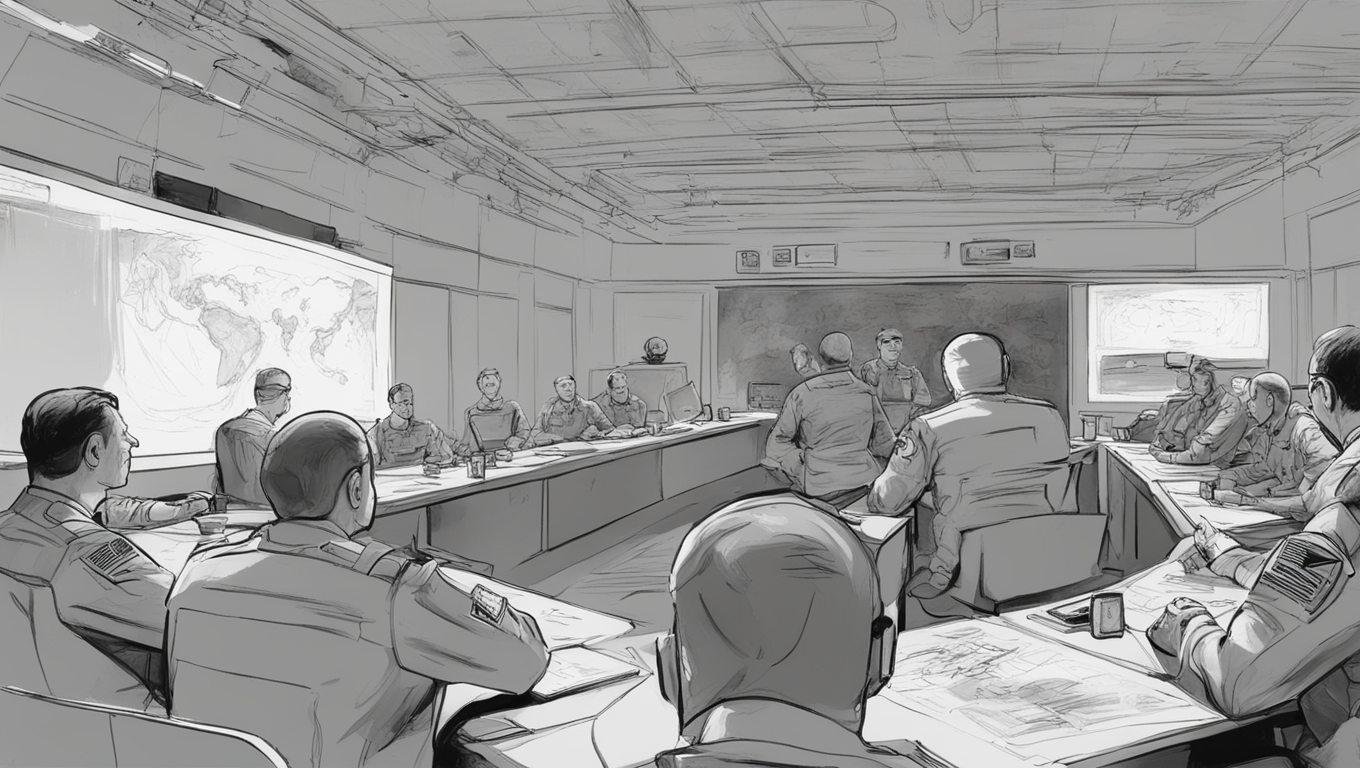Retired Army General Mark Milley believes that artificial intelligence (AI) will play a crucial role in maintaining the US military’s superiority over potential adversaries. In an interview with “60 Minutes,” Milley, the former chairman of the Joint Chiefs of Staff, emphasized the need for the military to adapt and adopt AI technology in order to win future wars. Milley explained that the rapid development of AI technology will significantly change the nature of warfare, and the US must be prepared.
Milley views AI as an extremely powerful tool that will optimize command and control of military operations within the next 10 to 15 years. He is not alone in this belief. Christopher Alexander, a former Army information warfare operations operator and current chief analytics officer of Pioneer Development Group, pointed out that AI will be crucial for various functions in the military, such as autonomous vehicles and intelligence analysis. The technology will enable military planners to make better use of existing resources and free up time for higher-order thinking.
At the heart of AI’s capabilities is its ability to expedite understanding difficult circumstances and respond rapidly with precision strike capabilities. Alexander explained that this will have an impact on all levels of military processes, from staff operations to the battlefield. AI will be particularly useful in the “OODA loop” (observe, orient, decide, act), helping military leaders analyze large amounts of information to make strategic decisions and outmaneuver the enemy.
Phil Siegel, founder of the Center for Advanced Preparedness and Threat Response Simulation, further emphasized the significance of AI in military operations. He noted that AI can be utilized in various ways, from autonomous vehicles to battle strategy and tactics. By determining the most advantageous uses of AI through gaming simulations, the military can make informed investments in the technology. Siegel stressed the importance of hiring AI experts and building solid relationships with the private sector to accelerate the military’s capabilities.
Milley acknowledged that as AI technology becomes more accessible to all countries, it is crucial for the US to remain at the forefront in order to maintain its military dominance. However, he also highlighted the legal, ethical, and moral implications of AI that leaders are still grappling with. This underscores the need for careful consideration of these implications as AI continues to advance.
In conclusion, the US military recognizes the transformative power of AI and its potential to shape future warfare. With the increasing accessibility of AI technology, it is essential for the US to invest heavily in AI and stay ahead of other nations. By harnessing the capabilities of AI, the military can optimize command and control, improve strategic decision-making, and maintain its superiority as a global force. While the legal and ethical aspects of AI need to be carefully addressed, the military’s adoption of AI is crucial in ensuring national security and success in future conflicts.





Use the share button below if you liked it.